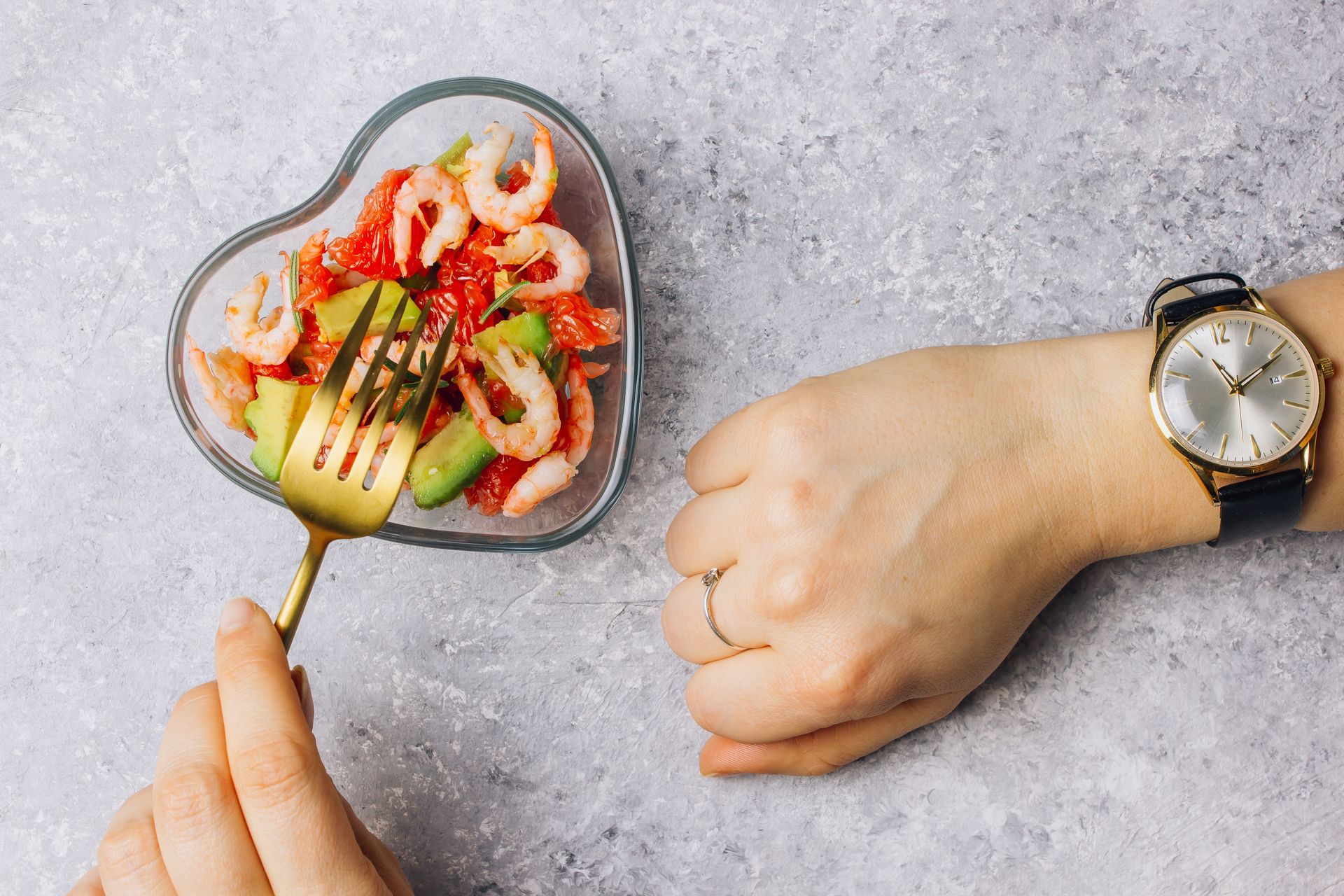The Healthiest Types of Fish You Should Be Eating
Choose your catch wisely.

You’ve definitely heard of the ultra-healthy Mediterranean diet by now. Nutritious and non-restrictive, health experts universally recommend the Mediterranean diet for lowering the risk of cardiovascular disease, diabetes and stroke.
Its staple animal protein is fish and seafood, accompanied by vegetables, legumes, whole grains and fruits. Fish is a great source of protein, micronutrients and healthy fats.
But here’s where the diet throws us this curveball – not all fish dishes are as healthy as the next. What we are about to share is what Singaporeans should know, because we are some of the biggest consumers of seafood in the world per capita.
There are four things to consider when picking fish:
- Mercury levels
- Environmental sustainability
- If it contains omega-3 fatty acids
- Cooking methods
Which fish do you choose, and how should you cook it? Here is all you need to know about the healthiest, most environmentally-sustainable fish to eat in Singapore.
Watch out for mercury levels in fish
With increasing marine pollution, people are rightfully concerned how safe it is to consume seafood. Because of toxic waste in the oceans, mercury can accumulate in the bodies of fish and shellfish. Generally, larger and older fish contain the highest volumes.
When ingested by humans, it can lead to major health issues over time. Long-term mercury exposure can introduce defects to the heart and brain. Young children and breastfeeding babies are particularly vulnerable to mercury poisoning.
In fact, the US Food and Drug Administration (FDA) advises pregnant women as well as breastfeeding women to limit their consumption of a variety of fish and shellfish that are lower in mercury to no more than 340g a week. That’s a ballpark of two meals!
The top five fish highest in mercury levels are: Swordfish, shark, king mackerel, marlin and bigeye tuna.
The fish lowest in mercury levels are: Wild-caught salmon, sardine, catfish, canned light tuna and freshwater trout.
3 out of 4 fish Singaporeans eat are not environmentally sustainable
A guide published by the World Wide Fund for Nature Singapore in 2016 called on consumers and restauranteurs to be more conscious of how their favourite fish was being sourced.
For example, threadfin, or ngoh hur, and silver pomfret, both popular in Chinese cuisine, have been over-exploited for decades. So is ikan kuning, the deep-fried delicacy that you can find in nasi lemak.
The following list contains species from well-managed, sustainable stocks; these are not considered to be overfished.
These include: wild-caught cod, farmed Atlantic salmon, wild caught albacore tuna, farmed red tilapia, wild caught scallops, wild caught rock lobster, wild caught Chilean seabass, wild caught white clams, farmed grey shrimp, rope-caught green mussels, rope-caught Pacific oyster and hand-picked sea cucumber.
Is fish rich in healthy fats?
Many kinds of seafood contain trace amounts of omega-3 fatty acids. But fatty fish contain the most, and therefore are the most favourable diet-wise.
Watch out though. Some fish are less heart-healthy than others, such as tilapia and catfish, because the ratio of omega-6 fatty acids is higher than omega-3 fatty acids.
The most heart-healthy fish which are also low in mercury level are: Atlantic mackerel, salmon, rainbow trout, sardines and skipjack tuna.
Of particular note are sardines, which pack more omega-3s than any other food, including salmon and tuna. It’s also one of the rare foods that is naturally high in vitamin D.
Any fish can be unhealthy depending on its preparation
As with any other foods, the wrong method of preparing fish can undo all your nutritional gains.
Broiling, poaching, grilling, steaming or baking are more wholesome methods of cooking. Avoid deep-frying on a regular basis!
You may also consider cooking oils with lower smoking points like canola oil. High smoking points indicate that the oil has gone through a prolonged refining process – which basically means it has been treated with more harmful chemicals.
Here’s a hack that can help you prepare salmon without a lot of the dreaded washing up. The hint: Parchment paper.
Here’s how:
Start by chopping up tomatoes, a red onion, capsicum and zucchini. Liberally drizzle extra virgin olive oil, mixed dried herbs, salt, pepper and some lemon juice, and toss. Arrange nicely in a bed on top of parchment paper or foil. Place a salmon fillet, seasoned with a little sea salt and pepper, on top of the veggies. Sprinkle with more mixed herbs, lemon juice and extra virgin olive oil. Seal the paper or foil parcel and bake in a pre-heated oven at 200 degrees Celsius for about 10 to 15 minutes, depending on the size of the fish fillet.
Are there alternatives to eating fish?
Some people may wonder if chicken is superior to fish as a white meat.
Both fish and chicken are fantastic suppliers of lean protein. Fish has less protein than chicken overall, but outshines chicken for its higher omega-3 fatty acid content.
(Omega-3 fatty acids are unsaturated fats that lower your cholesterol and reduce inflammation throughout the body.)
What about supplements? Nutrients from natural food sources are always more readily absorbed by the body.
And as for plant-based foods – flaxseed, flaxseed oil, walnuts, canola oil, soybeans and soybean oil do contain omega-3 fatty acids. But if we look at the evidence, the pluses of eating these foods aren’t as pronounced compared to fish.
Will eating fish help you lose weight?
The various fish we’ve recommended will help you arrive at a more balanced diet, but there’s no direct link between a pesceterian diet and weight loss.
Even the most sensible diet cannot permanently reverse a slowing metabolism, which is often the root cause of weight gain.
If you’re looking for fast, natural and long-lasting weight loss, consider our signature CSH therapy®. Using a combination of cupping, scraping and heat therapy, CSH therapy® is our traditional Chinese approach to improve your metabolism – for good. No diet supplements and exercise required, no side effects, no risks.
Want to find out more? Let’s have a chat. Book a consultation today.



